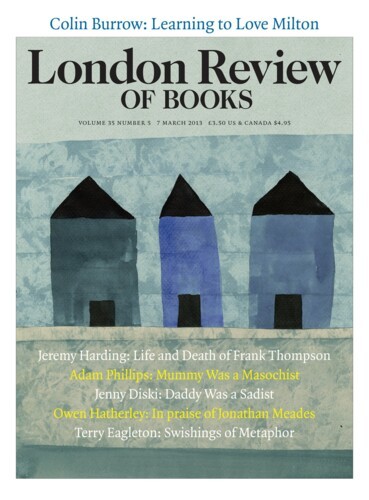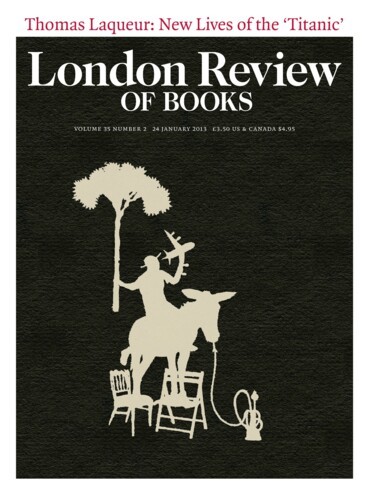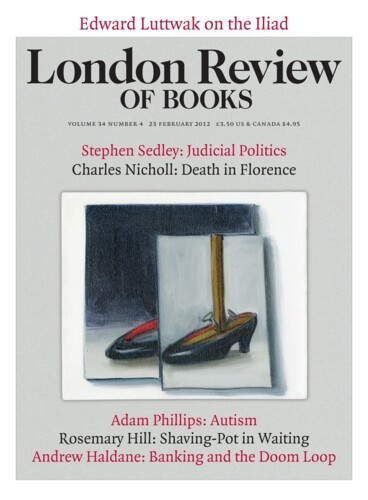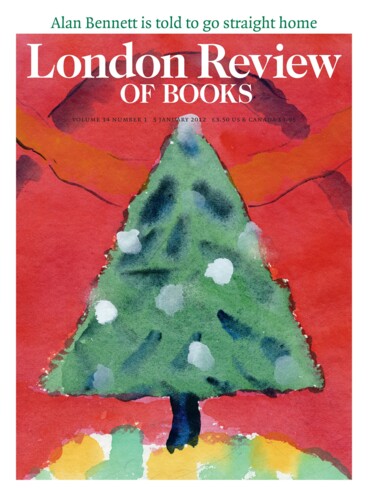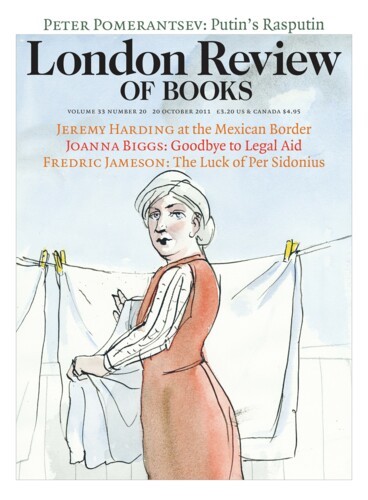The Magical Act of a Desperate Person: Tantrums
Adam Phillips, 7 March 2013
No one recovers from the sadomasochism of their childhood. We may not want to think of the relations between parents and children as power relations: indeed it may sound like a perversion of parenting to do so. And we don’t want to think of parents and children being in any way sexually gratified by their status in relation to each other. But, to put it as cutely as possible, feeling...
